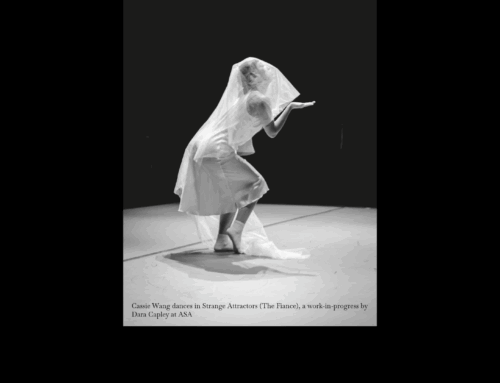
This post is part of our “Smart Giving” series of informational articles for professional advisors from CCF’s Professional Advisors Council.
Giving stock is an important strategy for any private business owner to explore. Not only can these gifts help implement a business succession plan that calls for transferring the business to the next generation if that is your client’s goal, but gifts of stock can also help your business owner client achieve charitable goals and avoid estate tax.
In light of recent legal developments and pending tax law changes, more and more financial and estate planning advisors are encouraging their clients to consider implementing gifts of closely-held stock to a fund at the community foundation or other public charity. Notably, two developments could have a big impact on your work with these clients:
- The estate tax exemption sunset set to occur at the end of next year continues to loom large. Without intervening legislation, a lot more of your clients will need to wrestle with the reality that their estates likely will be subject to a hefty tax, causing many clients to rethink both the timing and methods to transfer business interests. Making gifts of closely-held business interests to a fund at the community foundation is likely to become more attractive to a broader cross-section of your client base.
- Valuation has always been a critical factor in any type of tax or estate planning. This is certainly still the case with substantiating the value of closely-held business interests that your clients transfer to a charity, such as a fund at the community foundation. And now, the additional wrinkle presented by the Supreme Court’s decision in Connelly v. United States makes things even more interesting. The Connelly decision impacts the way business interests are valued for estate tax purposes. In Connelly, the Supreme Court held that life insurance proceeds indeed ought to be included in the valuation of a company without offsetting the redemption obligation. This could translate to higher taxable estates for your business owner clients, creating further incentive to leave a portion of closely-held stock to charity. The decision is also a reminder that careful planning can potentially avoid pitfalls.





















































